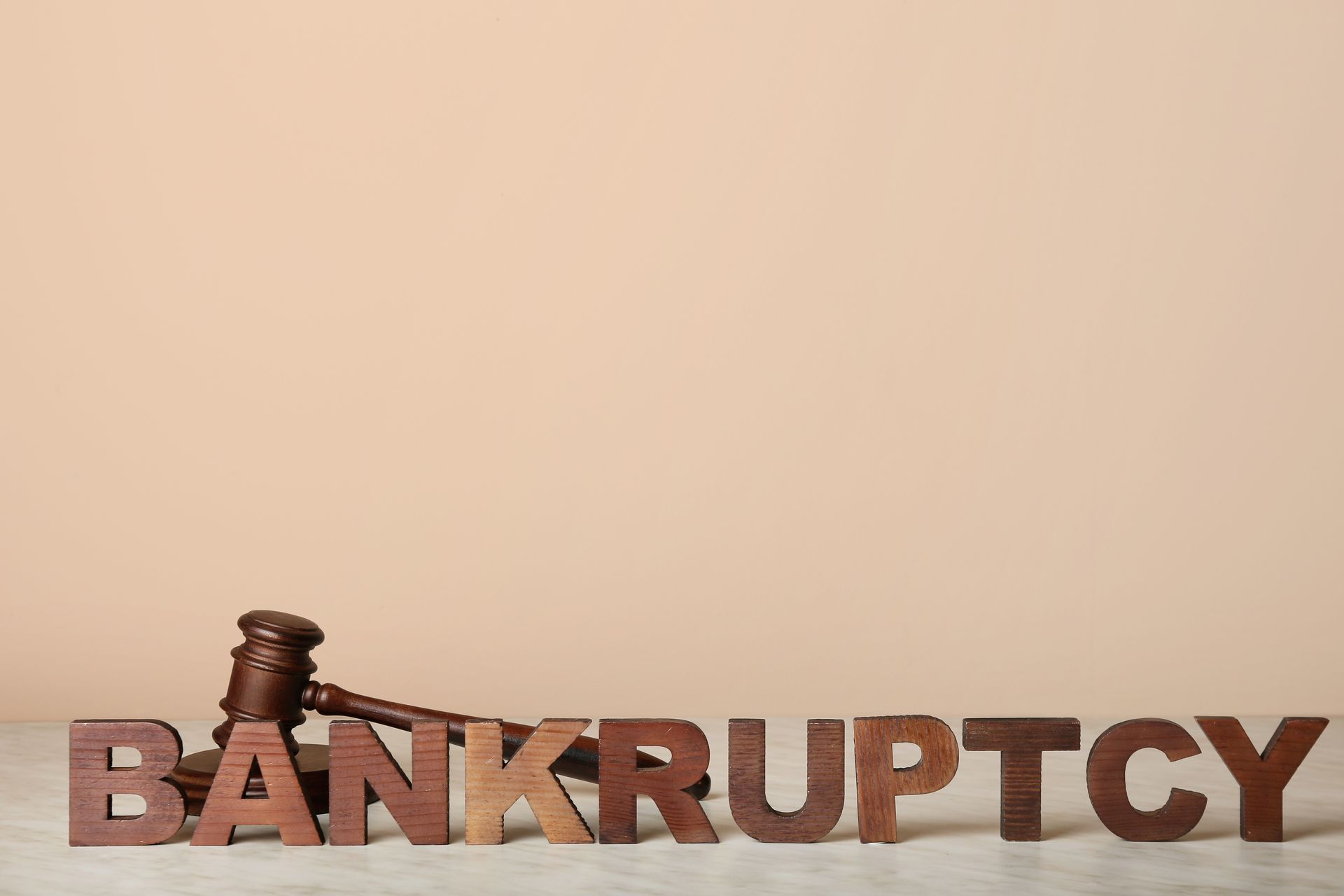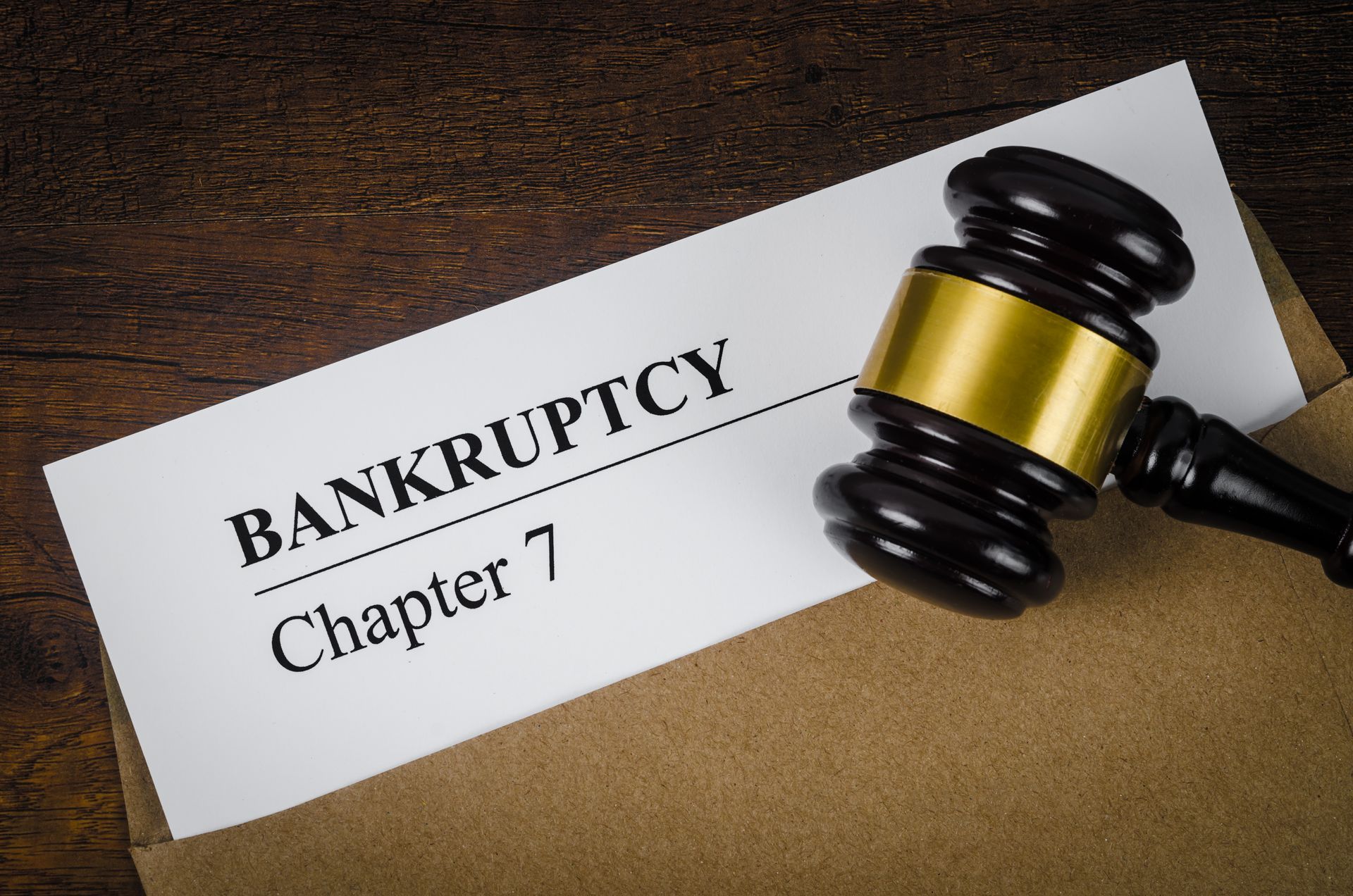Business and Consumer Debt Differences
As a consumer facing bankruptcy proceedings, you most likely have two types of debt: consumer and business debts. Before filing it's important to know the difference between them and how each will impact your case.
Understanding Consumer Debt
Consumer debt is any money you owe that is a result of a purchase that was used or enjoyed by you or any of your family members. The same thing that you buy for your personal use can be used within a business and in that case, it would be classified as a business debt. As an example, a table that you buy for your dining room has a much different use than a table that you purchase to furnish your restaurant.
Understanding Business Debt
As explained above, any debt that is not for your use as a consumer is considered business debt. There are, however, some categories that might surprise you because they fall under business debt even though they may not be at all related to any business. Among these, you may find medical debt which, defined as a non-consumer debt, falls into the classification of business debt. That is the same situation with income taxes. They are not considered consumer debt and will therefore have an impact on your ability to file for certain types of bankruptcy.
What Other Types of Business Debt Are There?
Items that are classified as non-consumer debts and considered business debts when it comes to bankruptcy include:
Car Loans
If you took out a loan for a car that will be used as a business or for a business when filing for bankruptcy this loan would be considered a business debt.
Some of your Credit Card Debt
As with the example above, any part of the money you owe on your credit cards that were used for business may be considered business debt as it relates to bankruptcy. When filing, it will be necessary for you to prove with documentation that even though the money was charged on your personal credit card, the funds were used for business.
Personal Guarantees
If you personally guarantee a business debt (like a loan), when it comes to bankruptcy, it would be considered business debt.
It is important for you to have a clear understanding of business and consumer debt differences. Your Bankruptcy Attorney in New Jersey will help you distinguish which debts would be considered business and which consumer when it comes to filing for bankruptcy.
Why Is It Important to Determine Which Debts Are Consumer and Which Are Business?
Once you and your bankruptcy lawyer in New Jersey have gone over your financial situation and determined that your debts are primarily consumer, you will have to pass what is called a “Median Income Test” in which your median income will be compared to that of similarly-sized families in New Jersey. If yours is lower, you pass the means test and may file a Chapter 7 bankruptcy. Otherwise, you may also need to pass the “Means Test” which is used to determine if you have enough “disposable income” to fund a Chapter 13 bankruptcy plan.
If you have doubts as to how to proceed in order to solve your financial situation, or you are confused as to how to go about filing for bankruptcy and whether you would qualify for a Chapter 7, Chapter 13, or any other bankruptcy proceeding, you need legal help. The team of knowledgeable and experienced bankruptcy attorneys in New Jersey in the Law Office of Stuart M. Nachbar are the legal experts you need now. Set up your initial consultation today to get started.
We serve clients throughout the following counties:
Essex, Warren, Sussex, Morris, Passaic, Union, Somerset, Hunterdon, Bergen, Hudson, and Middlesex. We are close by to Livingston, West Orange, Newark, Belleville, Clifton, Irvington, East Orange, Paterson, Passaic, Verona, and more.











